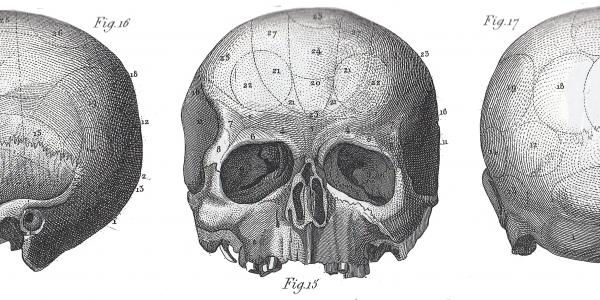Biological Essentialism, HPC Kinds, and the Projectability of Human Categories
Biological Essentialism, HPC Kinds, and the Projectability of Human Categories
This talk examines the projectability of human categories with reference to psychiatric classifications. I argue that human science classifications (e.g., ‘schizophrenia’) yield projectable inferences when they individuate natural kinds (i.e., HPC kinds) constituted by a set of interacting biological mechanisms. In contrast with Richard Boyd’s (1999) presentation of HPC kinds as non-essentialist kinds, I argue that to yield robust and ampliative projectable inferences, some of the mechanisms underwriting HPC kinds must be intrinsic (i.e., biological) mechanisms. This stance implies that projectable HPC kinds are characterized by a partly intrinsic biological essence (Devitt, 2008, 2010). Against Ian Hacking’s (1995, 1999) argument that human science classifications do not yield projectable inferences because of the instability generated by the looping effects of human kinds, biological kinds remain stable in spite of such classificatory feedback. Hacking’s analysis highlights the ways in which social mechanisms (e.g., imitation of stereotypes, role adoption) can causally influence the expression of mental disorders. I examine—with reference to cross-cultural research on mental disorders, transitory mental disorders, and culture-bound syndromes—the ways in which biological and social mechanisms interact to influence the stability and expression of mental disorders. I conclude that the proper objects of study and classification in psychiatry are biological kinds.

